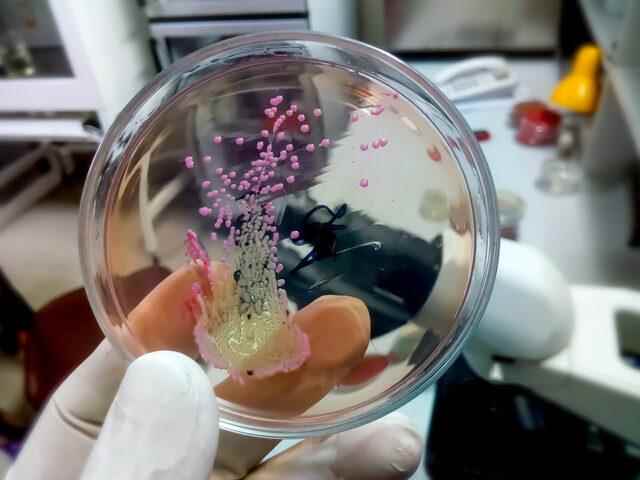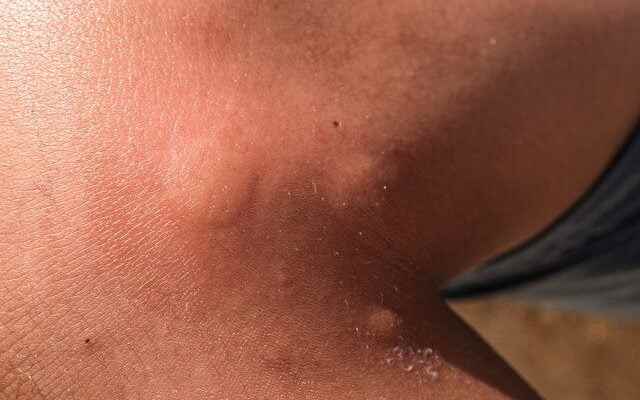In England, a woman in her 20s and a heterosexual couple in her 20s were diagnosed with antibiotic-resistant ‘super gonorrhea’. According to the news in the British media, 3 new ‘super gonorrhea’ cases were detected in the country.
ANTIBIOTIC RESISTANT
According to the news in Sputnik; It was stated that antibiotics with ceftriaxone active ingredient used in the treatment of gonorrhea were not effective in the ‘Neisseria gonorrhoeae’ variant called ‘super gonorrhea’.
Although ceftriaxone resistance is mostly seen in the Asia-Pacific region, it has started to be encountered in the UK in recent years, especially through people coming to Europe from this region.
It was stated that it is not known whether the three newly detected cases are related to previous cases.
The new cases came after a man in his early 20s became infected in London in November.
WHAT ARE THE SYMPTOMS OF SUPER COLD COLD?
While the typical symptoms of gonorrhea are known as green or yellow discharge from the vagina or penis, it manifests itself as pain during urination, pain and discomfort in the rectum in men, and lower abdominal pain and bleeding between periods in women.

However, it is also known that there are cases where gonorrhea is transmitted, but there are no symptoms.
Treating gonorrhea as soon as possible is of great importance as it can lead to serious long-term health problems. Because this disease can cause pelvic inflammatory disease (PID) by spreading the infection to the reproductive organs in women, while pelvic inflammatory disease can lead to long-term pelvic pain, ectopic pregnancy and infertility. In men, it can cause a painful infection of the testicles and prostate gland, which in some cases can lead to reduced fertility.
Experts point out the importance of using methods such as condoms to prevent sexually transmitted diseases, stating that frequent checkups are critical for early diagnosis.
